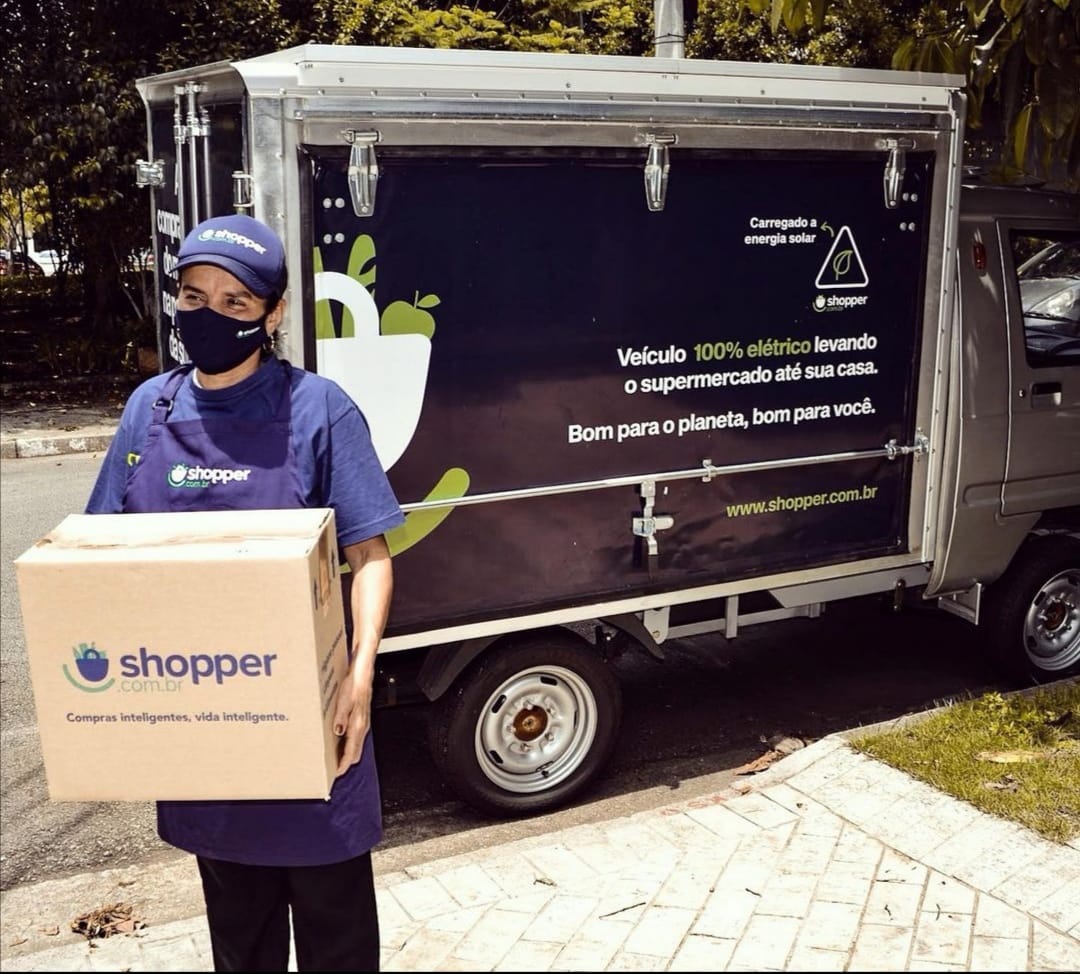
Por Contxto
December 14, 2021
Shopping without going to the supermarket and a 15-minute delivery is the core business of Shopper, a Brazilian foodtech that has just announced a US$30 million Series C investment round.
The round was led by GIC, a Singapore fund. Quartz, Minerva Foods, Oikos, and Floating-Point also participated. This is Shopper’s second fundraising this year. It had closed a US$21 million Series B round some months ago.
Although there are other strong players in the market such as Uber-owned Cornershop and JOKR, which has recently become a unicorn, Shopper has a strong strategy to lead. It only sold non-perishables until eight months ago, but its most recent investment has allowed it to introduce fresh produce as a shopping category.
Although the Brazilian foodtech does not have physical stores, their business model is based on planned deliveries. This allows them to reduce their costs by up to 12% compared to competitors and delivery orders in just 15 minutes.
So far, the foodtech has a presence in 75 cities in Brazil, as well as two stores. However, with this new capital they will build a third store and start operations in Rio de Janeiro next year.
Bruna Vaz and Fábio Rodas created Shopper in 2014, and used Amazon’s Subscribe & Save model as a reference. This service automates the delivery of items and allows users to pre-order their products, giving them discounts if they do so, reported Infomoney.
This model was transferred to Brazil’s foodtech, as the consumer creates his or her basket of products and schedules the first delivery. From then on, they can schedule the order so that the same basket arrives every week, fortnight, or month.
In this way, Shopper has more time to plan and negotiate with suppliers, which reduces its costs. This has driven foodtech to triple in size annually.
You may also be interested:

Por Stiven Cartagena
January 12, 2026